Fear is a drug and one worth getting addicted to, as it’s both a healthy outlet and a therapeutic tool for healing and relieving anxiety.
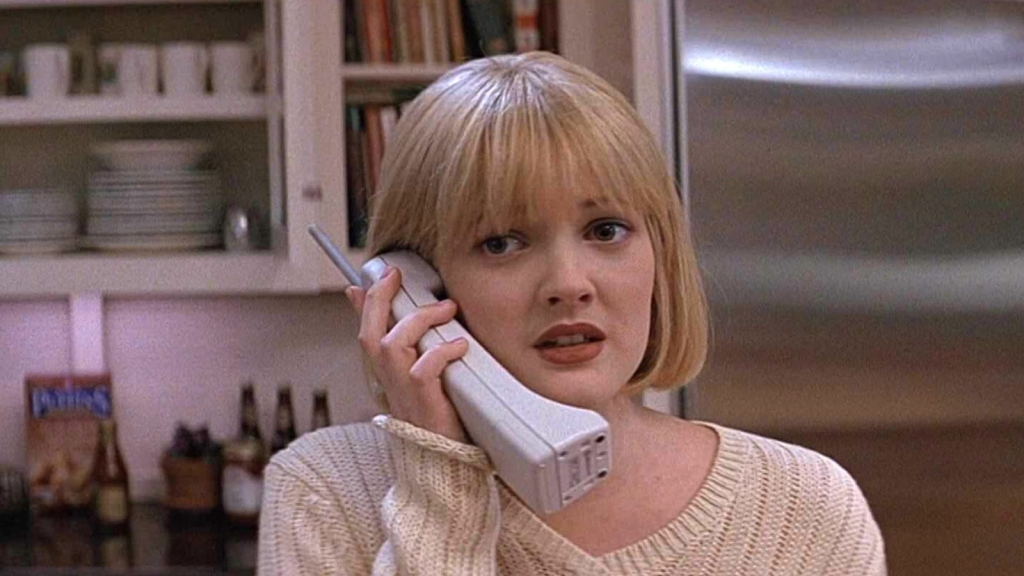
The next entry in the beloved horror franchise Scream is back in theaters, and it has me thinking about horror’s enduring appeal and its value beyond just great entertainment.
“What’s your favorite scary movie?” might not be the first question you’d consider asking your most anxious friend. But perhaps it should be.
Horror films have a bad reputation among those who don’t enjoy scares and screams on the silver screen. Just look to the upcoming Academy Awards celebration this weekend for a reminder of how much the Hollywood establishment shuns genre films.
This lack of respect makes little sense, as the alleged pitfalls of the genre are among the most potent elements of horror’s healing properties. Despite the rise in heart rate and sometimes overwhelming tension created by horror films, there is compelling evidence to suggest that horror can be good for anxiety.
The concept of overcoming anxiety through the consumption of horror media isn’t new to the genre’s most prominent creators.
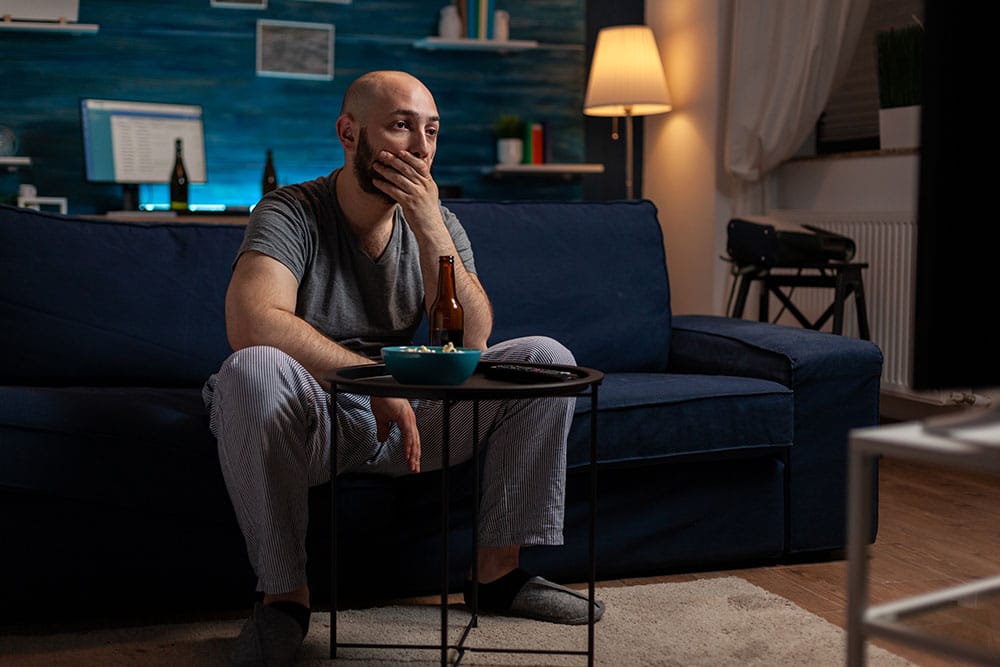
Writer-director Mike Flanagan told Mick Garris on the Post Mortem podcast that he overcame adolescent fears by reading the work of Stephen King, particularly one of the author’s most terrifying novels, It.
“It became a very formative moment of bravery for me as a kid that I made it to the end. […] At first, looking at it as an exercise of character. It was like going to the gym for courage. I was a very scared kid. I was scared of a lot of things. I was confronting it in little bursts.”
Wes Craven, one of the true masters of horror, had also expressed a similar sentiment in the Fear in the Dark documentary, noting that “horror films don’t create fear, they release it.”
Flanagan’s experiences in overcoming fear can be likened to managing some forms of anxiety.
Horror films present viewers with controlled and episodic exposure to frightful things. The promise is that the fear will end and that the viewer has total control over whether they will continue to view the film. This can be poignant to a population frequently riddled with feelings of losing control.
Horror films are a safe environment where audiences can explore new depths and push their limits without real consequences.
Continued exposure to hypothetical, frightening experiences has the potential to allow anxious viewers the opportunity to negotiate with their own coping mechanisms.
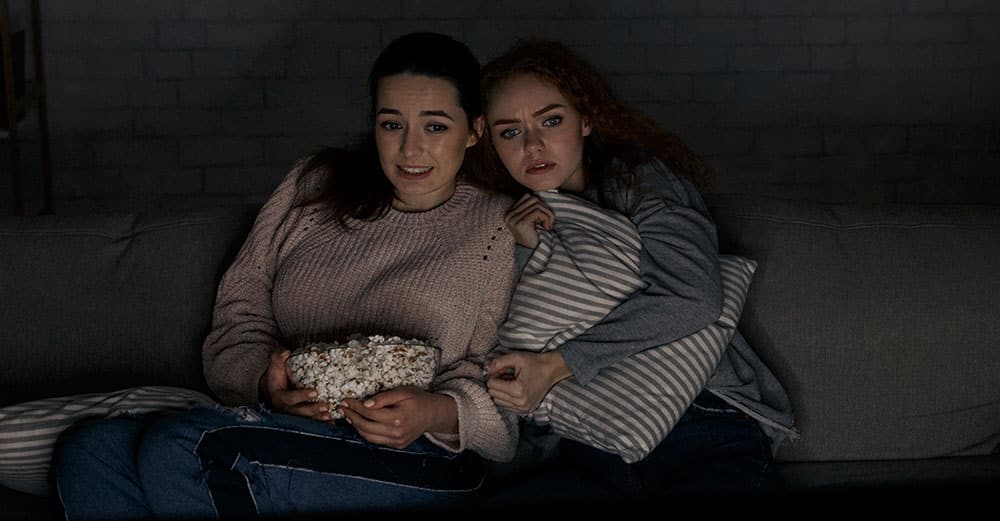
Frontiers in Psychology released an analysis entitled, “Does Perceived Stress of University Students Affected by Preferences for Movie Genres? an Exploratory Cross-Sectional Study in China”.
This analysis observed that horror movies help audiences relieve the pressures of life and derive psychological pleasure. The article further asserted that horror film fans also reported greater positive resilience during the height of COVID-19’s quarantine phase.
The galvanization of horror fans in times of strife suggests that battling frightful forces in ninety to one-hundred- and twenty-minute increments is truly an exercise in overcoming, or at least better managing, anxiety.
When you find yourself in times of trouble, does Jason Voorhees speak to you? If so, you’re not alone.
Society has used horror films to contextualize fearsome personal and societal events since the spawn of the genre. This explains the rise of torture porn in a post-9/11 world, the spike in streaming minutes attributed to zombie and contagion-related films at the start of the COVID-19 pandemic, and many more widely traumatic events.
Horror helps viewers tread the line between relatability and escapism, making viewership a form of entertainment and emotionally enriching.
Outside of horror’s ability to interrogate the blistering peaks and dark, deep valleys of life, the genre can elicit a chemical response within the body.

The adage, “Laughter is the best medicine,” also peripherally applies to horror.
Comedy and horror are the fraternal twins of film. They both often follow the same standard formula in unique and subversive ways. Both comedy and horror work because they establish a scenario with expected outcomes, build tension, and defy the most anticipated conclusion to encourage cathartic release.
This is why many people compulsively laugh when afraid — or at the tail end of a well-crafted jump scare.
The physiological effects that horror has on the body aren’t limited to those with diagnosed anxiety. Laughter, gasping, or even the occasional vocal outburst can increase oxygen intake and circulation, which support the immune system and can result in the sensation of feel-good emotions. The tension-release format of horror also inspires the increased release of dopamine and serotonin in the body.
These two hormones are primary contributors to feelings of adrenaline and elation. Watching a horror movie at the end of a stressful day can actually turn things around and put a smile on your face.
It is important to note that while horror films are generally good for anxiety, those suffering from all forms of anxiety are not a monolith. The mental and biological benefits of watching a horror movie are not applicable to every person in every context.
If you’re feeling anxious and compelled to pop on Scream or Final Destination – go for it. You know what will make you feel best in your current circumstances. Just know that you’re not an anomaly for loving the feeling of being scared for the duration of a movie or short film.
So go ahead, grab your best blanket, and settle in for a night of terror…for your health.


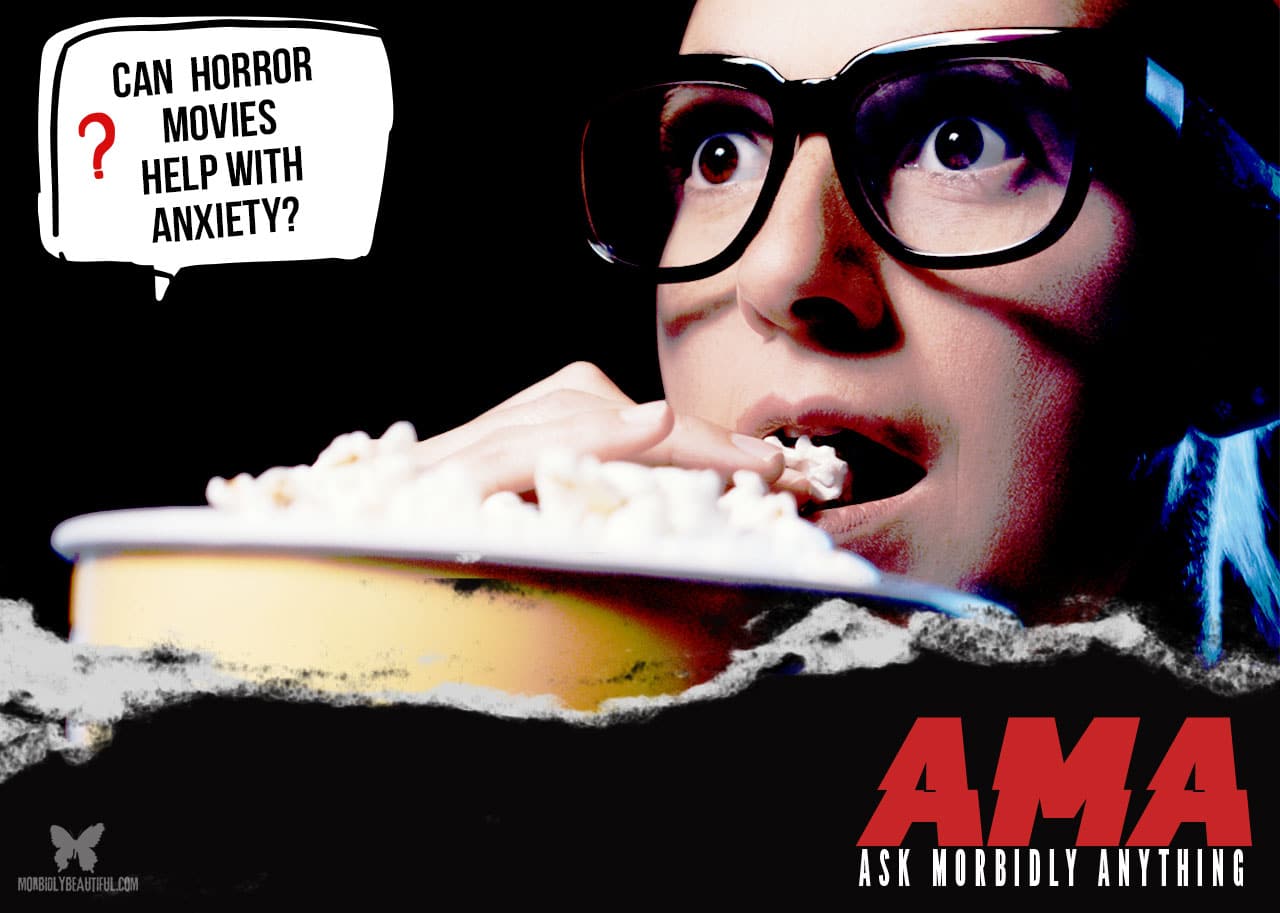

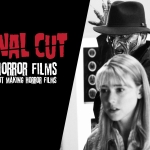




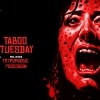

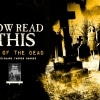
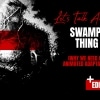
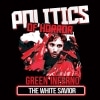
Follow Us!